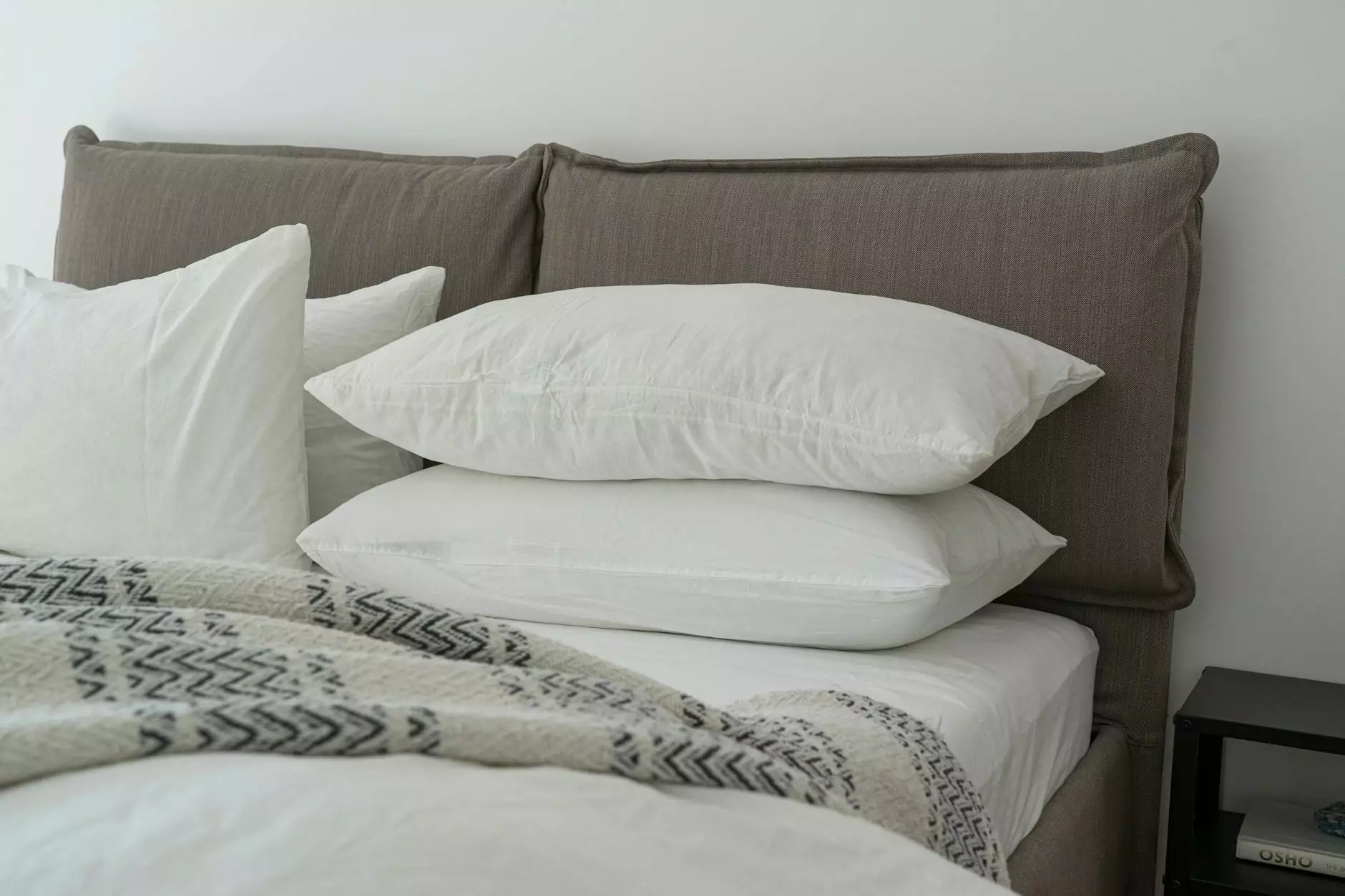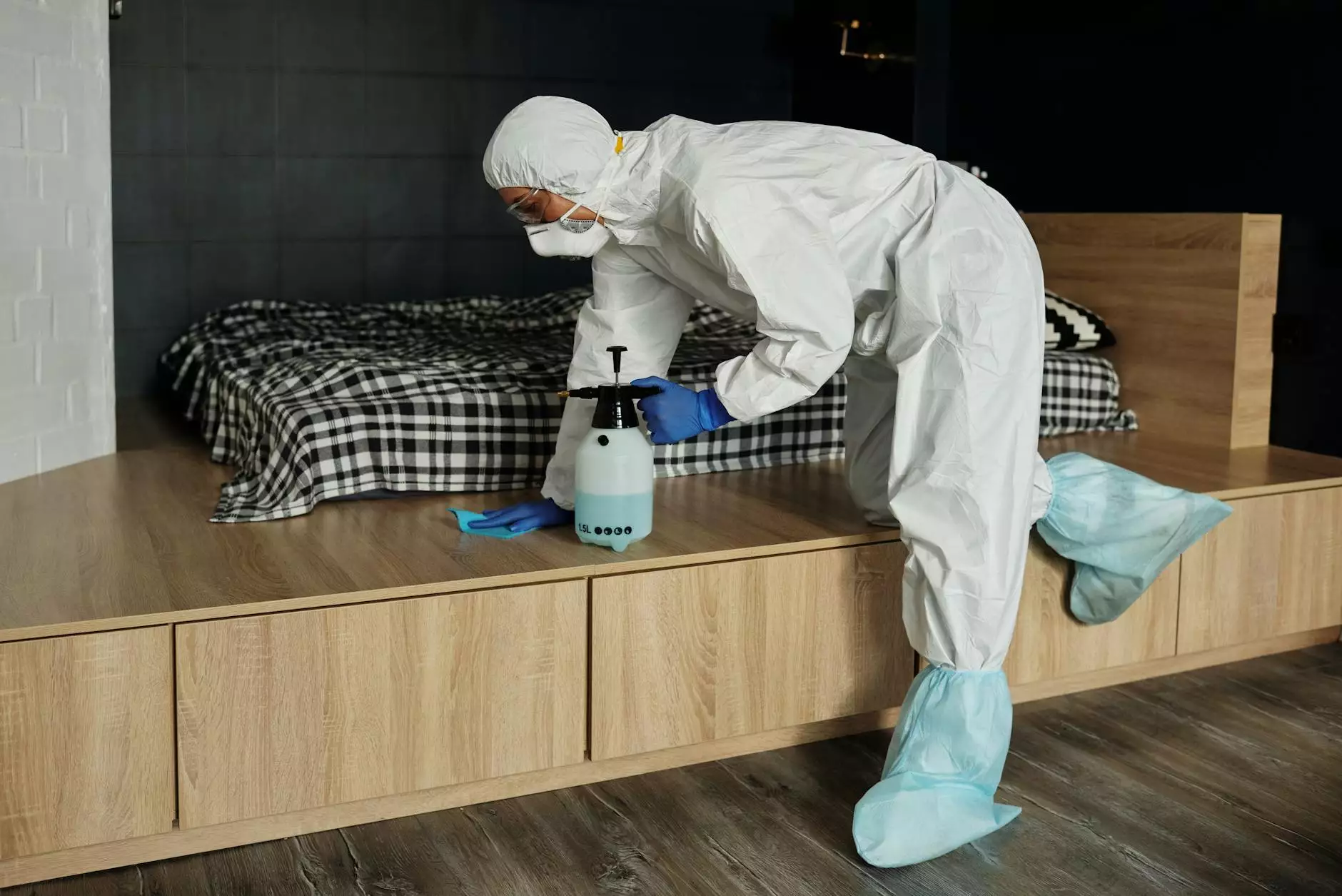What is the Best Temperature for Sleeping
Blog
Welcome to the Southside Fixtures blog, where we delve into various topics related to business and consumer services in the real estate industry. In this article, we will explore the fascinating world of sleep and discuss the best temperature for a good night's sleep.
Understanding the Impact of Temperature on Sleep Quality
Sleep is a vital human function that plays a crucial role in our overall well-being. Getting enough quality sleep has numerous benefits, including improved mood, enhanced cognitive function, and a stronger immune system. However, many factors can influence the quality of our sleep, and one of them is temperature.
Research suggests that the ideal temperature for optimal sleep ranges between 60 to 67 degrees Fahrenheit (15.5 to 19.4 degrees Celsius). This temperature range helps promote better sleep efficiency by keeping our bodies cool enough to initiate and maintain sleep without feeling too cold or too hot.
The Science Behind the Ideal Sleep Temperature
Our body temperature naturally fluctuates throughout the day, following a circadian rhythm. This internal body clock regulates our sleep-wake cycle and influences various bodily functions, including body temperature.
When we prepare for sleep, our core body temperature drops slightly, signaling the body to enter a sleep state. This drop in temperature helps facilitate the release of sleep-inducing hormones like melatonin, promoting a more restful and rejuvenating sleep experience.
On the other hand, sleeping in an environment that is too hot or too cold can disrupt this delicate balance. If the room is too warm, it can lead to excessive sweating and discomfort, making it difficult to fall asleep and stay asleep. Similarly, if the room is too cold, our bodies can lose heat rapidly, causing us to wake up frequently throughout the night.
Creating the Ideal Sleep Environment
In addition to maintaining an appropriate room temperature, there are other factors to consider when creating the perfect sleep environment:
- Bedding: Opt for breathable, moisture-wicking materials like cotton or bamboo to help regulate body temperature and prevent overheating.
- Pillows and Mattresses: Choose pillows and mattresses that provide adequate support while allowing for proper airflow, ensuring optimal comfort throughout the night.
- Room Darkening: Use curtains or blinds to block out external light sources, creating a dark environment that promotes melatonin production and deeper sleep.
- Noise Control: Minimize disruptive noises by using earplugs or soothing background sounds like white noise machines to create a peaceful sleep environment.
Conclusion
In conclusion, the best temperature for a good night's sleep is around 60 to 67 degrees Fahrenheit (15.5 to 19.4 degrees Celsius). By maintaining the ideal sleep temperature and creating a conducive sleep environment, you can improve sleep quality and wake up feeling refreshed and energized.
Here at Southside Fixtures, we understand the importance of a good night's sleep and its impact on overall well-being. Our commitment to providing exceptional business and consumer services in the real estate industry extends to helping you create the ideal sleep environment. Contact us today for more tips and guidance on optimizing your sleep environment for restful nights and productive days.










